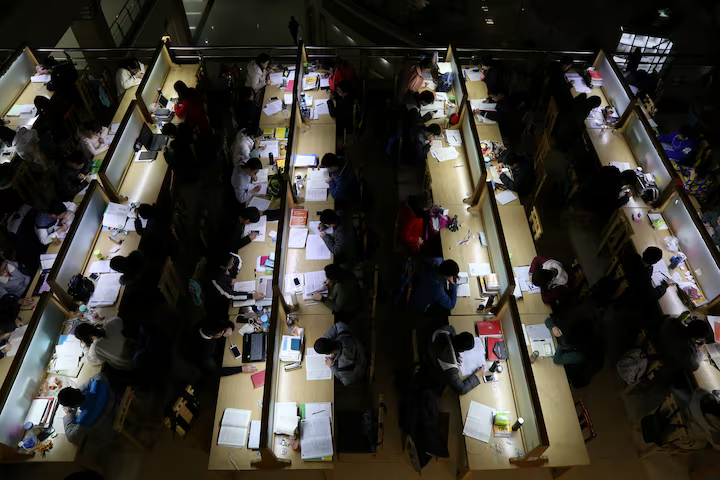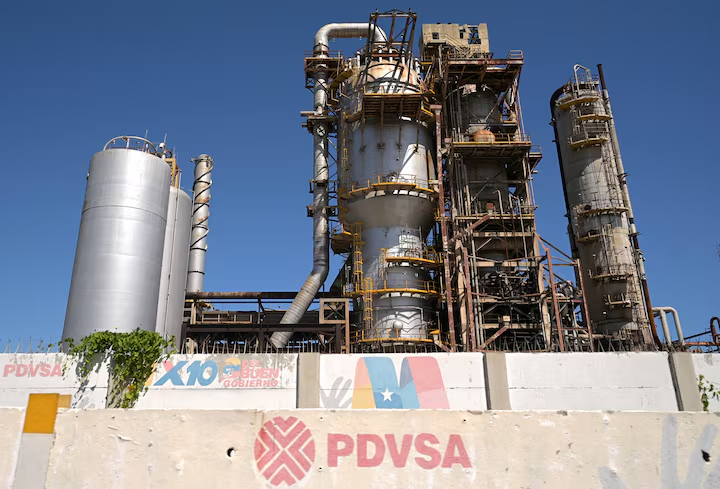A new report from the International Centre for Settlement of Investment Disputes (ICSID), an institution linked to the World Bank and based in Washington, points to a growing shift in the landscape of investment arbitration. Disputes that were once centered mainly on bilateral treaties between countries are now increasingly based on direct contracts between foreign investors and host states.
The findings cover the 2025 fiscal year, from July 2024 to June 2025, and were analyzed by the BRICS+ New Economy & Legal Infrastructure Center, a research body that studies legal and economic trends in emerging markets.
Bilateral treaties lose dominance
Bilateral Investment Treaties, or BITs, have long formed the backbone of international investment arbitration. These agreements, signed between sovereign states to protect cross-border investments, still underpin most ICSID cases. However, their share fell from 58 percent to 45 percent in 2025. At the same time, cases based on direct investor–state contracts grew from 15 percent to 21 percent.
Brazilian constitutional scholar Georges Abboud said the change reflects a movement led by international institutions such as UNIDROIT and the International Chamber of Commerce to harmonize investment contract rules and reduce legal conflicts. “This model of consent has become a more flexible alternative to bilateral and multilateral treaties, as well as to national investment laws,” he explained.
African states move to the forefront
According to the ICSID report, the center handled 347 active cases during the fiscal year, the highest number in a decade. Sixty-seven new proceedings were registered. Sub-Saharan Africa accounted for 24 percent of those cases, surpassing Eastern Europe and Central Asia for the first time. Many of the new disputes involve natural resource projects in countries such as Nigeria, Ghana, and Mozambique. Honduras, in Central America, was the single most sued state, with six pending cases.
South American countries also featured prominently. The region ranked third in participation, representing 18 percent of states involved in ongoing disputes. Most of the claims were filed by investors from Western Europe (44 percent), followed by North America (19 percent).
Oil, gas, and mining dominate claims
Extractive industries led the field, representing 43 percent of new arbitration cases. This marks a significant increase from 28 percent the previous year. The construction sector followed with 15 percent, and the energy industry came next with 12 percent. Transport-related disputes dropped sharply, falling from 19 percent in 2024 to just 3 percent in 2025.
Awards, settlements, and representation
Almost 79 percent of ICSID cases concluded with a tribunal ruling. In most decisions, claimants won full or partial awards, though 19 percent were dismissed for lack of jurisdiction. In half of all finalized cases, no damages were granted. When compensation was ordered, most awards ranged from 10 million to 49 million U.S. dollars.
Among disputes that ended without a final ruling, 37 percent were closed by joint request of the parties and 18 percent ended in settlements.
The 2025 report also highlighted progress in representation. Arbitrators from 48 nationalities participated, with Western Europeans making up 39 percent. France had the highest number of appointees, with 17. Women represented 30 percent of all arbitrators. Five Brazilians served as arbitrators during the period, a modest number given Brazil’s influence in the global arbitration community.
A changing structure in global arbitration
ICSID’s latest data suggests a structural shift in international investment arbitration. As more disputes emerge from direct investor–state contracts, experts see the field moving beyond traditional treaty-based mechanisms toward more flexible, case-specific arrangements. This evolution, they say, could redefine how countries in Africa, Latin America, and other developing regions handle the balance between foreign investment and sovereign authority.








